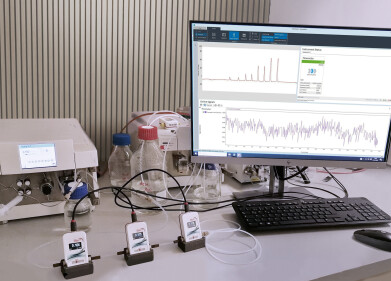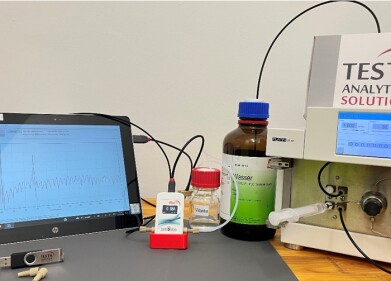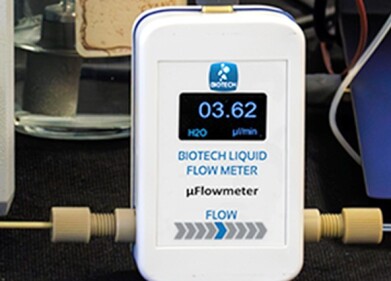HPLC, UHPLC
Is There a Safer Way to Use Pesticides? - Chromatography Explores
Oct 18 2018
Pesticides are used to help grow the plants that feed us. To some, they are unnecessary – but the reality is, we need pesticides to help grow enough food to feed an ever-growing population. Undoubtedly, pesticides can be hazardous – they are after all designed to kill and maim pests.
But if we can apply pesticides in a safe manner, we can reduce the risks to humans and the environment. There are many factors that affect the application of pesticides. The type of pesticides and the plants are two of the main factors affecting application. A recent paper published in the International Journal of Molecular Sciences - Uptake and Distribution of Fenoxanil-Loaded Mesoporous Silica Nanoparticles in Rice Plants – has looked at using nanoparticles to deliver pesticides to plants.
Systemic or not – an absorbing issue
Essentially, pesticides come in two flavours - systemic and non-systemic – that describe the way that the pesticide acts. Systemic pesticides can be absorbed by plants. Once the pesticide is absorbed, it can be transported throughout the plant from the application site to other parts of the plant. This improves the plant’s resistance to attack and disease.
Non-systemic pesticides do not penetrate the plants leaves when they are applied – they remain on the surface of the leaves. Thus, when new growth appears it is unprotected - non-systemic pesticides cannot spread through the plant providing root protection. To improves the efficacy of pesticides, new methods of delivering pesticides are needed – and that is where MSNs come into play.
MSNs – mesoporous silica nanoparticles
It has been previously reported that MSNs can be used to deliver pesticides into plants – a process that could improve the efficacy and safety of pesticide usage in agriculture. MSNs have many current uses including drug delivery and diagnostics. They are cheap, have an adjustable pore size and a large surface area.
Fenoxanil – helping rice to grow healthily
Rice is grown in many countries and is a staple food feeding billions of people. However, it is susceptible to several diseases including rice blast – a fungal disease caused by the fungi P. oryzae. Various pesticides can be used to control rice diseases, but there are possible adverse human effects if the pesticides are applied inefficiently.
MSNs are a potentially safer way to apply pesticides. In the study above, the application of the pesticide Fenoxacil loaded onto MSNs was investigated. The concentrations of the pesticide in different areas of the rice plants was measured using chromatography. The analysis of residues using chromatography is discussed in this article, Analysis of Residual Pharmaceutical and Personal Care Products in River Waters via UHPLC-MS/MS.
The study shows that MSNs can be delivered by MSNs without affecting the distribution in the plant. In fact, the method of using MSNs might allow for pesticide distribution to be regulated in plants. The authors suggest that the work allows researchers to understand the effects of nanopesticides when used on plants.
Events
Jan 20 2025 Amsterdam, Netherlands
Feb 03 2025 Dubai, UAE
Feb 05 2025 Guangzhou, China
Mar 01 2025 Boston, MA, USA
Mar 04 2025 Berlin, Germany














